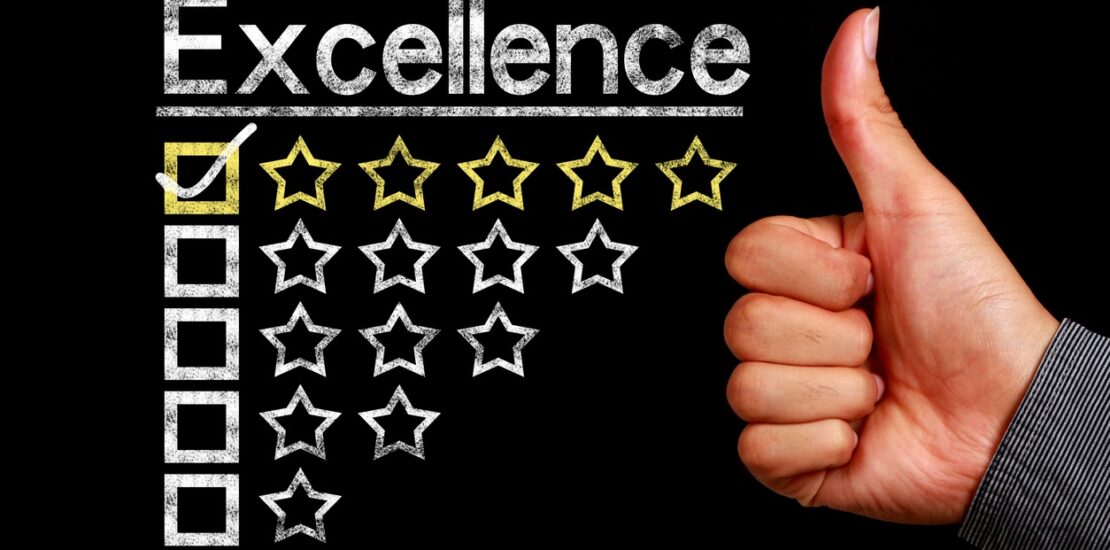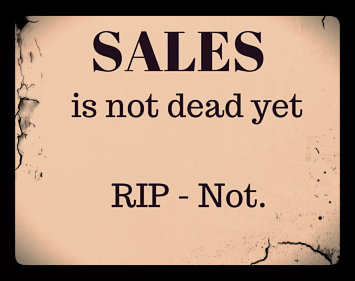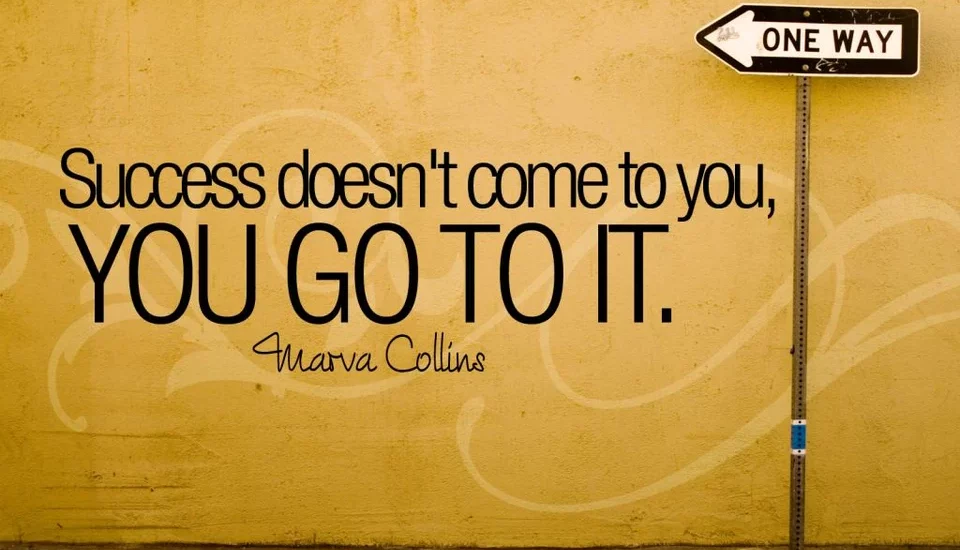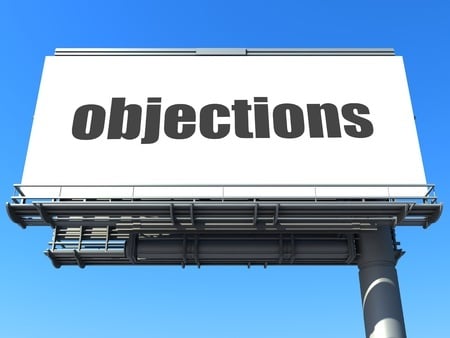cold calling
-
My Latest on Using Email to Book New Meetings
- November 29, 2023
- Posted by: Dave Kurlan
- Category: Understanding the Sales Force

Salespeople have been spoiled by inbound leads, outbound emails, and BDRs generating leads for them. As a result, those in sales for fewer than ten years never learned how and suck at cold calling. Those who used to cold call but have since stopped, forgot how to and also suck at cold calling.
-
4 Types of Sales Positions That Can Never Be Replaced by AI
- February 22, 2023
- Posted by: Dave Kurlan
- Category: Understanding the Sales Force

We’re seeing ChatGPT’s ability to create human-like articles, essays, poems, notes and messages.
I just asked ChatGPT to write a short poem on the death of selling. Here’s what it generated.
-
Why I Believe We Should Blow up the Business Development Rep (BDR) Role in Sales
- March 29, 2021
- Posted by: Dave Kurlan
- Category: Understanding the Sales Force

For decades it was normal practice for Copy Machine, Office Supply, Cell Phones, Life Insurance and Residential Real Estate companies to recruit and train (a little classroom) rookie salespeople and then have them spend years making Cold Calls. Industries like those continue to suffer from the highest voluntary turnover rates you can imagine and the practice is not entirely different from what tech companies are doing with the BDR Role.
But why? Whose brilliant idea was this?
-
Phone Prospecting – the Key to Scheduling Meetings
- May 23, 2017
- Posted by: Dave Kurlan
- Category: Understanding the Sales Force

Today, a salesperson left a voicemail message and he didn’t sound bad; but his strategy and script were awful. Listen to the message below and try to identify what was wrong. Then watch the video below to hear me talk getting your prospects to pay attention and engage with you on the phone.
-
Call Reluctance is Just as Popular as Ever!
- March 7, 2017
- Posted by: Dave Kurlan
- Category: Understanding the Sales Force

While some are quick to blame the low (as bad as) 15:1 dial to conversation ratio, that number is driven in part by salespeople who don’t try hard enough to get their prospects to the phone.
-
How This Awful Cold, Voicemail Message Could Have Actually Worked
- September 12, 2016
- Posted by: Dave Kurlan
- Category: Understanding the Sales Force

The timing on these two events could not have been more perfect! Both occurred last week and I wanted to share them with you today. First came Dan McDade’s article – the first of three parts – on whether cold calling is dead. He asked a number of sales experts to weight in and articulate whether it is truth or a lie. It was very well done and you’ll want to read it. Then came the comments – most notably on LinkedIn – from both sides of the argument. And finally, I received a cold call from a salesperson who was following up on an email. It’s a great example of a call that was a complete waste and I’ll share that call with you as well as how that call could have worked.
-
Why Inbound and Inside Sales Experts Think Sales Process is Dead Too
- August 18, 2015
- Posted by: Dave Kurlan
- Category: Understanding the Sales Force

I love and use some of their tools and services and recommend them to clients too. But the key word here is tools. They support and enhance selling. Tools don’t replace selling.
-
12 Proven Sales Hacks to Increase Sales
- June 25, 2015
- Posted by: Dave Kurlan
- Category: Understanding the Sales Force

It seems that these days, things are changing faster than we can recognize. Cosby is finally out of the news, but the Marathon Bomber is back in. The terrible winter weather is in our rear view mirror, but now we are dealing with droughts and tornadoes! And in our world, Sales 2.0, a term we haven’t heard in a while, is making the rounds again. In today’s article, we’ll talk about the sales improvements that readers are most interested in.
-
Top 3 Keys to Convert Phone Calls to Meetings
- April 6, 2015
- Posted by: Dave Kurlan
- Category: Understanding the Sales Force

I had just finished speaking in Bozeman, Montana and was sitting in a delicious little breakfast cafe (think cowboy truck stop). That’s when I was asked to explain how to maintain control of a cold call. Well, the environment screamed rodeo, my inner voice yelled riding and taming a bull, but my voice of reason began talking about the concept of flow, patience, listening and staying in the moment.
There are really only three primary things required to keep a call going long enough to get a disinterested prospect engaged:
-
Case History – Another Pitiful Sales Cold Call Exposed
- March 2, 2015
- Posted by: Dave Kurlan
- Category: Understanding the Sales Force

- 1
- 2

